June 25, 2025 | 07:29 GMT +7
June 25, 2025 | 07:29 GMT +7
Hotline: 0913.378.918
June 25, 2025 | 07:29 GMT +7
Hotline: 0913.378.918
The farm of Dak Nong Clean Agriculture Joint Stock Company (DNo Farm) is located in Dak Nia Commune, Gia Nghia City, Dak Nong Province. It is known for cultivating a wide range of vegetables and fruits, including golden melons, baby watermelons, passion fruit, sweet peppers, cherry tomatoes, and many types of leafy greens and herbs. This farm has the distinction of being the first in Dak Nong to successfully grow strawberries with high-quality taste and aroma. In addition to these crops, the farm also spans over 10 hectares dedicated to long-term plants such as durian, coffee, and cocoa. All of these products are grown following strict organic farming practices.
The farm was founded by Ms. Bui Thi Khanh Hoa, an enterprising female business owner born in 1985.
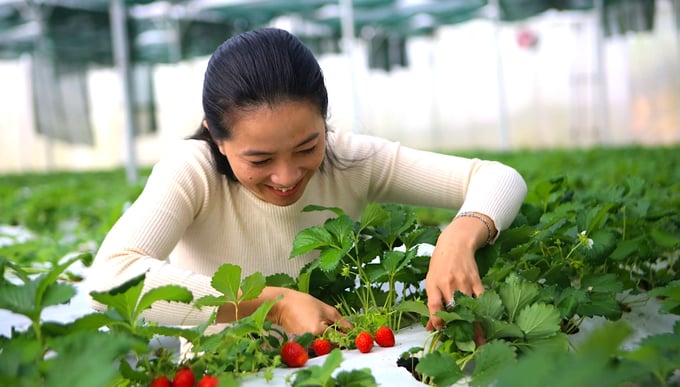
Ms. Bui Thi Khanh Hoa - CEO of Dak Nong Clean Agriculture Joint Stock Company. Photo: Hong Thuy.
While taking us on a tour through the greenhouses where they cultivate watermelons, melons, strawberries, and more, Ms. Hoa shared her personal story and passion behind the project: "I’ve been nurturing this idea for a long time, with the goal of contributing a bit to the agriculture of my hometown and providing healthy meals for people. It’s not solely about income for me, because I used to have a very good job with a high income, without the need to work under the sun and rain, and my skin wasn’t as dark as it is now".
Ms. Hoa is not only deeply passionate about farming, but she is also highly dedicated to researching and acquiring agricultural knowledge. She has developed creative and innovative methods that help her crops thrive and produce high-quality results.
One of the most unique and innovative practices at DNo Farm involves growing mulberry trees to feed silkworms, selling the silkworm cocoons and utilizing the silkworm droppings as a valuable organic fertilizer. Ms. Hoa explained the process: "I have 2 hectares of mulberry trees, which are sufficient to feed around four boxes of silkworms every 15 days. On average, each box of silkworms yields 150 to 200 kilograms of fertilizer per cycle, which means that our farm produces about 20 tons of organic silkworm fertilizer every year. This amount is enough to meet all of the farm's fertilization needs. The quality of this fertilizer is extremely high".
The melons grown at DNo Farm are cultivated in a growing medium that is a mix of silkworm fertilizer and coconut husk. After the melons are harvested, the growing medium is reused to plant vegetables. Once the vegetable season is over, the medium still has enough nutrients to grow flowers for sale during Tet (Lunar New Year). "This is why I can sell a large chrysanthemum pot at half the price compared to what you would find at the market. I don’t need to spend extra money on fertilizers, only on labor. The chrysanthemums grown this way naturally last much longer. They can stay fresh and beautiful throughout Tet, lasting for more than a month", she added.
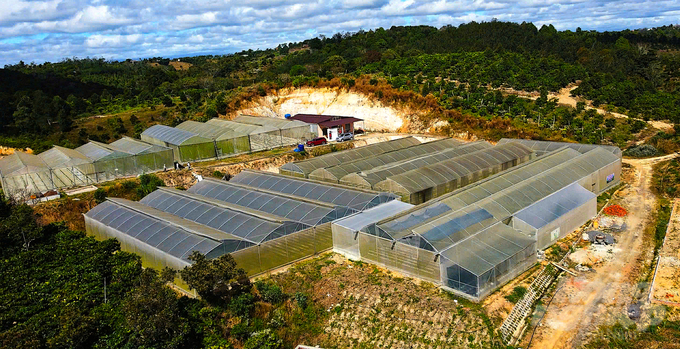
The greenhouse area of DNo Farm viewed from above. Photo: Hong Thuy.
Another unique fruit that is almost never grown anywhere else is the Japanese pumpkin variety. Leading me to a small greenhouse with a cement floor where pumpkins are grown on trellises, Ms. Hoa shared her experience: "The Japanese pumpkins are out of season now, but I’m growing them here to allow tourists to visit and see, as well as to experiment with them. According to the seed supplier, this variety of pumpkin typically bears fruit from February to August, but since after August, and now it’s already December, the plants are still flowering and producing fruit continuously. Perhaps the local soil and climate conditions here are better suited for this type of pumpkin?"
The ripe Japanese pumpkin has a deep orange-red color, similar to the color of gac fruit, and is also referred to as the "water droplet pumpkin" due to its shape, which resembles a droplet of water. Ms. Hoa explained that during a trip to Japan in May 2024, she had the chance to try a soup made from this pumpkin and found it to be incredibly delicious. Intrigued, she inquired about the variety, purchased the seeds, and decided to plant them in a small area on the farm to see how they would perform. The results were impressive— the pumpkins grew well and produced high-quality fruit, even surpassing the taste of the original Japanese pumpkins. They were firmer than potatoes, with a sweeter and richer flavor.
"I started offering the pumpkins to customers, and they all commented that they tasted better than the local pumpkins we normally grow. According to my Japanese friends, this pumpkin variety has DHA levels comparable to those found in salmon, which makes it very beneficial for people who have allergies to animal proteins. In Japan, this pumpkin sells for 5.8 USD/kg, but here, I sell it for just 3,5 USD/kg", Ms. Hoa shared proudly.
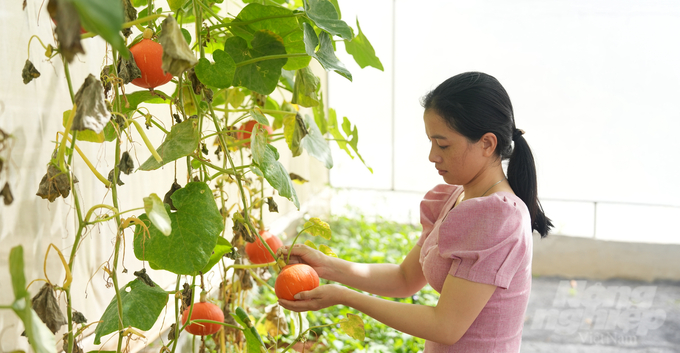
DNo Farm is the first place to grow Japanese pumpkins. Photo: Hong Thuy.
As the very first farm in Dak Nong to adopt the model of strawberry cultivation (as of now), Ms. Hoa has chosen to name the farm “Dak Nong Strawberry Farm” as its brand, using it as a marketing tool to introduce the farm to visitors and attract attention.
While the weekly output of agricultural products at DNo Farm reaches tens of tons, none of these products are sold in supermarkets, and the farm does not rely on intermediaries for distribution. This is one of the distinguishing features of DNo Farm. “The farm produces everything in-house, attaches traceability labels, and sells directly to consumers, bypassing intermediaries such as supermarkets, agents, or stores because I’m concerned about being caught in the trap of ‘misleading labels', which could harm my reputation. Additionally, this approach helps protect the interests of customers by offering them lower prices as they are purchasing directly from the source", Ms. Hoa explained.
I then asked, “With such a large volume of production, how do you manage to sell all of it by delivering directly to customers?” Ms. Hoa responded that the farm has established a loyal customer base who regularly place orders. This includes six kindergartens (three in Gia Nghia City and three in Ho Chi Minh City) that order the farm’s products on a regular basis. Moreover, over 100 households in Gia Nghia, Ho Chi Minh City, Da Nang and Hanoi frequently place orders, ensuring a steady demand for the farm’s produce.
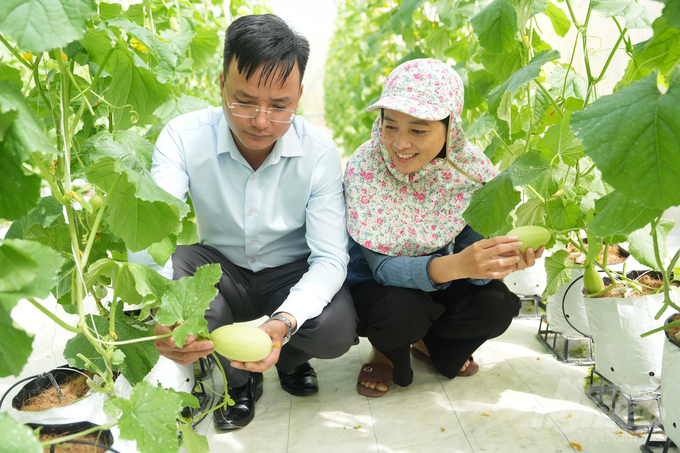
Golden melons at DNo Farm. Photo: Hong Thuy.
For household customers, who typically purchase 1 to 2 boxes at a time, DNo Farm has established a rotating delivery schedule. This means once the farm completes a full round of deliveries, it will start again with the first customer. Since September 2024, DNo Farm has expanded its reach by exporting fresh herbs to Singapore, with monthly shipments totaling 500kg, consisting of 13 different varieties of herbs.
"DNo Farm is the first farm in Dak Nong to grow vegetables and fruits according to GlobalGAP standards. Additionally, we have integrated this with an agricultural tourism model that allows visitors to experience the process of harvesting produce directly from the farm. We are also the first and only farm in Dak Nong that has successfully exported these products to Singapore", Ms. Hoa proudly shared.
One of the remarkable achievements of DNo Farm, which sets it apart from many other farms, is its ability to maintain stable prices since its very first year of operation. Each type of produce is sold at a fixed price, regardless of whether the customer is local or from abroad. However, for customers located far from the farm, such as in Hanoi, prices may increase due to the added cost of air freight. Despite this, DNo Farm continues to prioritize quality control. If any products are damaged, the farm ensures customer satisfaction by either offering a price deduction or replacing the affected items with fresh produce in the next delivery.
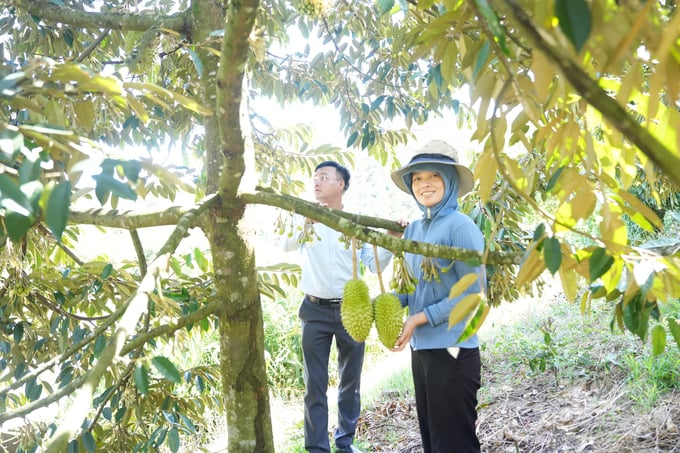
Although the durian trees at DNo Farm are cared for in the usual way, they produce fruit out of season, ripening around the Lunar New Year and being harvested until about April, which is when durian farms in other regions typically begin to see their fruit ripen. Photo: Hong Thuy.
At DNo Farm, the prices of various agricultural products are relatively consistent. For example, both golden melons and baby watermelons are priced at 2.29 USD/kg, while the golden melon variety is priced at 3.13 USD/kg. The reason for this consistency in pricing is that the investment and care costs for these crops are similar. However, strawberries, which have a growing cycle of about 8 to 9 months—including planting, care, and continuous harvesting for about 4 months—are priced higher, ranging from 12.50 USD to 29.17USD/kg, depending on size and appearance.
"Strawberries are priced higher because the investment costs are greater, and the plants are more prone to diseases and death compared to other crops. However, if well cared for, strawberries bring significantly higher returns. One sao (1.000 square meters) of strawberries can generate a revenue of around 83. 000 USD, with a profit of approximately 27.000 USD—a figure many farmers dream of", Ms. Hoa explained.
"I am grateful for this land, which has given me the opportunity to do the work I love and achieve success. Therefore, my aspiration goes beyond just engaging in green agriculture; I have long had a plan to build a social welfare center for the elderly and children. In 2015, I completed the necessary procedures to begin construction, but due to personal concerns, I had to put the project on hold. My goal is to complete this plan before 2030", Ms. Bui Thi Khanh Hoa shared.
Translated by Phuong Linh
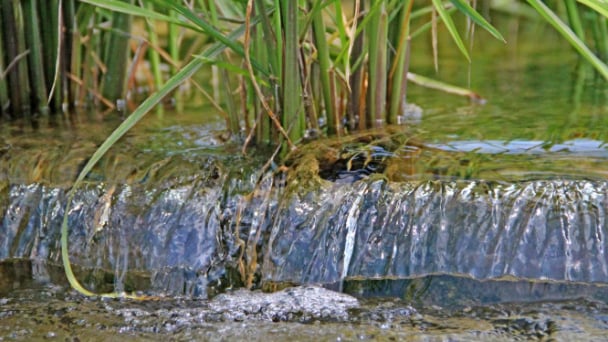
(VAN) Flooding in NE Arkansas may shift the rice outlook downward.
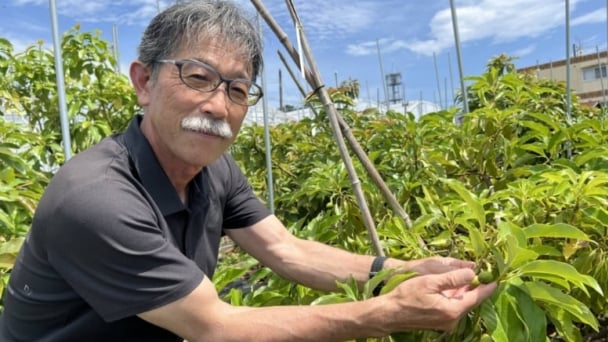
(VAN) Tsutomu Uchida, 64, wipes the sweat from his face as he walks through a farming plot filled with avocado trees in a port district of Shizuoka.
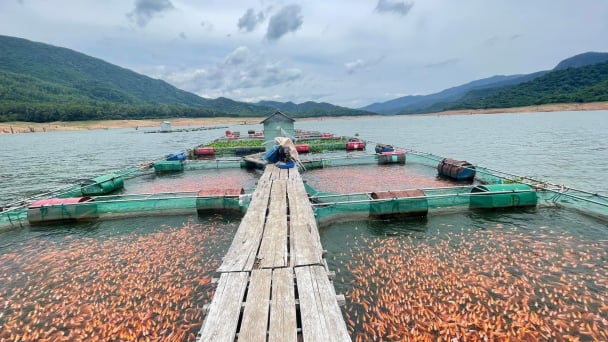
(VAN) At the request of partners, the agriculture and environment sector of Binh Dinh is determined to develop a red tilapia farming linkage chain in Dinh Binh reservoir that meets export standards.
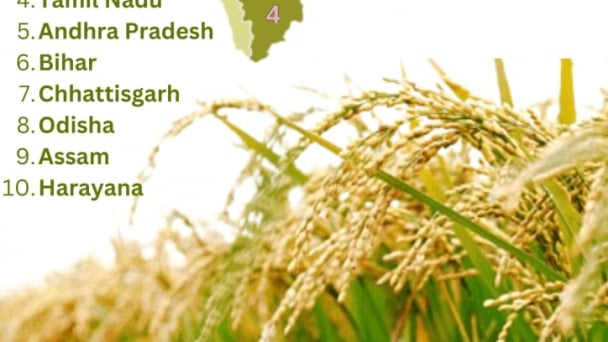
(VAN) Last week, the U.S. Department of Agriculture (USDA) released its June World Agricultural Supply and Demand Estimates (WASDE), raising projections for both Indian rice production and U.S. rice imports for the 2025/2026 marketing year.
/2025/06/17/2344-1-131758_261.jpg)
(VAN) Amid tariff risks and growing trade barriers in the U.S. market, Australia is emerging as a promising destination to sustain the growth momentum of Vietnam's shrimp exports.
/2025/06/17/2013-1-nongnghiep-112009.jpg)
(VAN) This notable growth trend reflects the global taste for fresh, nutritious fruits and the expanding use of lychees across various sectors.

(VAN) The political and cultural insulation of Japan’s beloved grain is falling apart, and experts warn the country’s relationship with the staple will have to adapt.